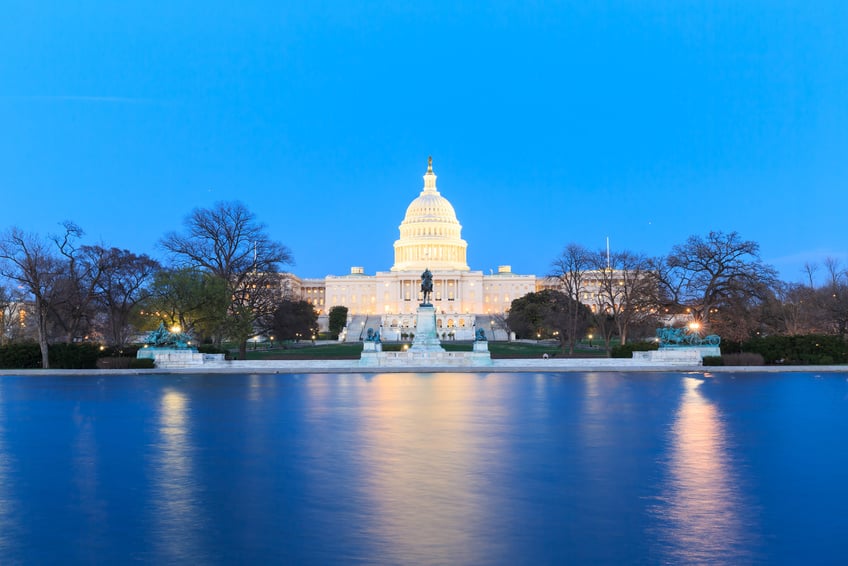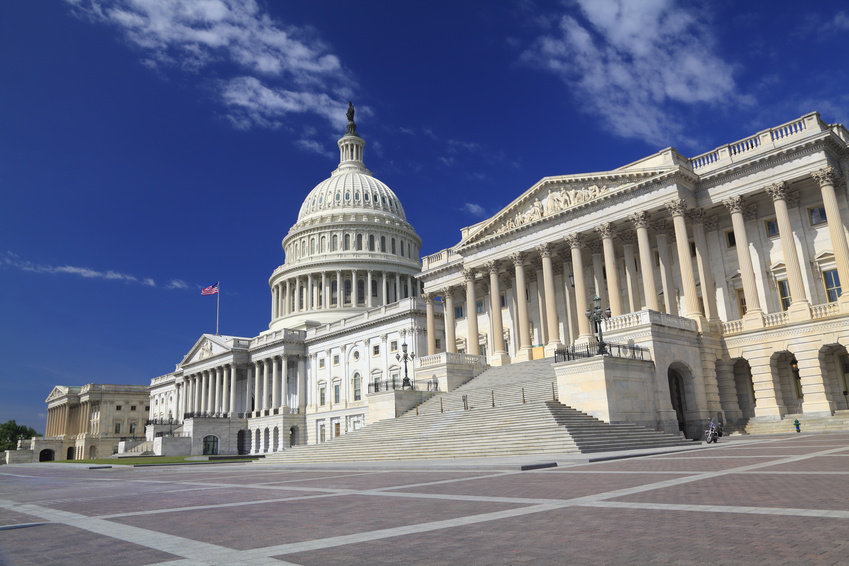Welcome to Baker McKenzie’s new Labor and Employment video chat series for US employers. Our lawyers will provide quick, practical tips on today’s most pressing issues for US employers navigating the new normal. The videos complement our blog, The Employer Report, which provides written legal updates and practical insights about the latest labor and employment issues affecting US multinationals, at both the domestic and global level.
Please click below to watch the video chats and be sure to let us know if there are additional topics you’d like us to address.



